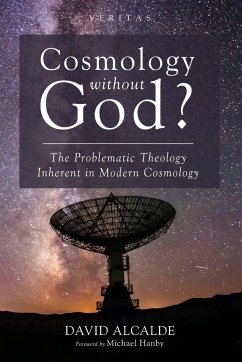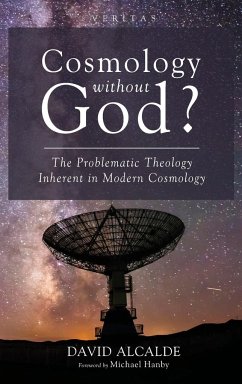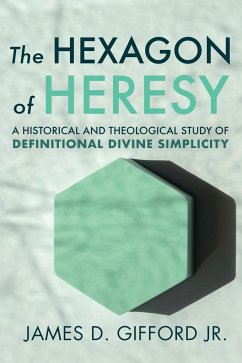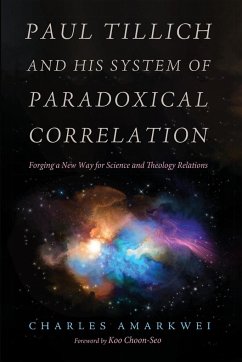In biblical Hebrew there is a word that means both ""God"" and ""nothing."" Paradoxically, what if God himself is simultaneously the All and the Nothing? Would this help explain why God is invincible and paradoxical? Paradoxes fill reality, with opposites routinely manifesting as the same thing at their extremes. Like the rugged earth, there is danger amidst opportunity here. While we study paradoxes to strengthen our connection with God, surprisingly in the process we learn about Satan's hypocrisies that crudely mimic paradoxes in our lives. The Bible teaches that Satan is a lying imitator, and a murderer. Why would God desire to teach us about God's own paradoxical creative power by comparison to Satan's destructive power of hypocrisy? Much of the Bible is devoted to answering this question by exposing hypocrisies in human culture and character. The Messiah particularly exposed the teachers of the law, scribes, and Pharisees, as hypocrites. When we get deeply self-honest, we know God is just, because we open our minds to possibilities that everything happens for a reason, where even the crucifixion of God's son creates healing ultimately.
Hinweis: Dieser Artikel kann nur an eine deutsche Lieferadresse ausgeliefert werden.
Hinweis: Dieser Artikel kann nur an eine deutsche Lieferadresse ausgeliefert werden.








